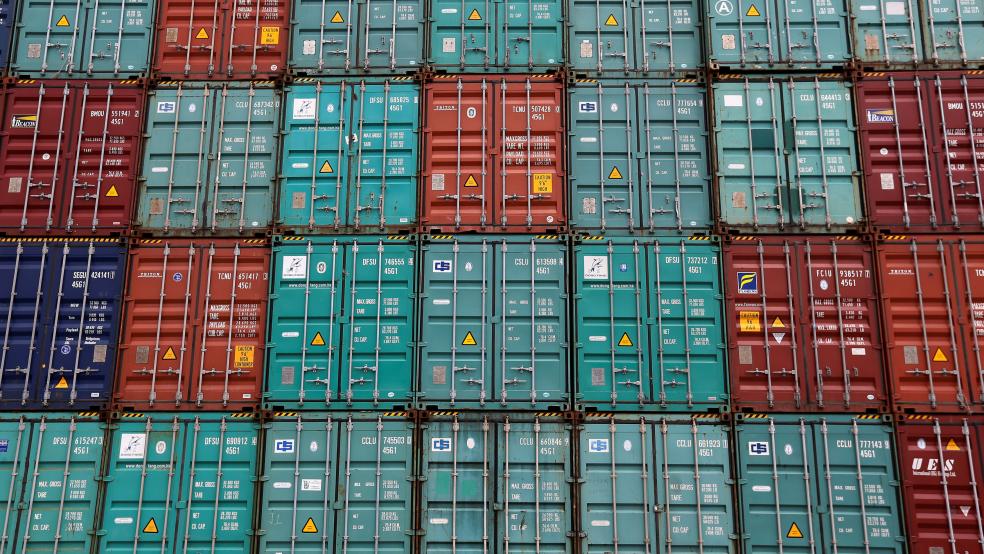While there are still questions about how big an economic boost the Republican tax cuts could deliver, there isn’t much doubt that they will make the trade deficit grow. Economist Jeffrey Frankel of Harvard told The New York Times, “There may not be much that macroeconomists can predict with accuracy, but a large tax cut will lead to a budget deficit, which will lead to a trade deficit.”
President Trump, however, continues to portray the trade deficit as an obvious problem that needs to be eliminated. Soon after returning from his trip to Asia last week, he repeated his campaign promise to shrink the deficit “as fast as possible.” But some of his more economically sophisticated supporters understand the necessary trade-off. Boston University’s Laurence J. Kotlikoff, a vocal supporter of the Republican tax bill, said, “I do expect a major trade deficit, absolutely, as part of this. If this tax plan works, it works because the U.S. becomes more open to trade.” (Kotlikoff doesn’t hold much hope for the Trump administration coming around to his point of view, telling the Times that “This is a White House that does not know economics.”)
Politics aside, most economists aren’t worried about a growing trade deficit. In the long run, the theory holds, a larger trade deficit will create jobs and increase the size of the economy, as long as foreign capital is invested productively. Kent Smetters, who runs the Penn Wharton Budget Model at the University of Pennsylvania, said, “To get bigger growth effects, you need more foreign capital coming in. That is the irony — tax cuts have the biggest effects if you’re assuming that trade actually increases over time.”




